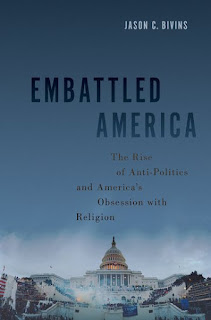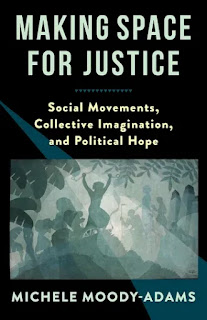
About the book, from the publisher:
Psyche A. Williams-Forson is one of our leading thinkers about food in America. In Eating While Black, she offers her knowledge and experience to illuminate how anti-Black racism operates in the practice and culture of eating. She shows how mass media, nutrition science, economics, and public policy drive entrenched opinions among both Black and non-Black Americans about what is healthful and right to eat. Distorted views of how and what Black people eat are pervasive, bolstering the belief that they must be corrected and regulated. What is at stake is nothing less than whether Americans can learn to embrace nonracist understandings and practices in relation to food.Follow Psyche A. Williams-Forson on Twitter.
Sustainable culture—what keeps a community alive and thriving—is essential to Black peoples’ fight for access and equity, and food is central to this fight. Starkly exposing the rampant shaming and policing around how Black people eat, Williams-Forson contemplates food’s role in cultural transmission, belonging, homemaking, and survival. Black people’s relationships to food have historically been connected to extreme forms of control and scarcity—as well as to stunning creativity and ingenuity. In advancing dialogue about eating and race, this book urges us to think and talk about food in new ways in order to improve American society on both personal and structural levels.
--Marshal Zeringue































